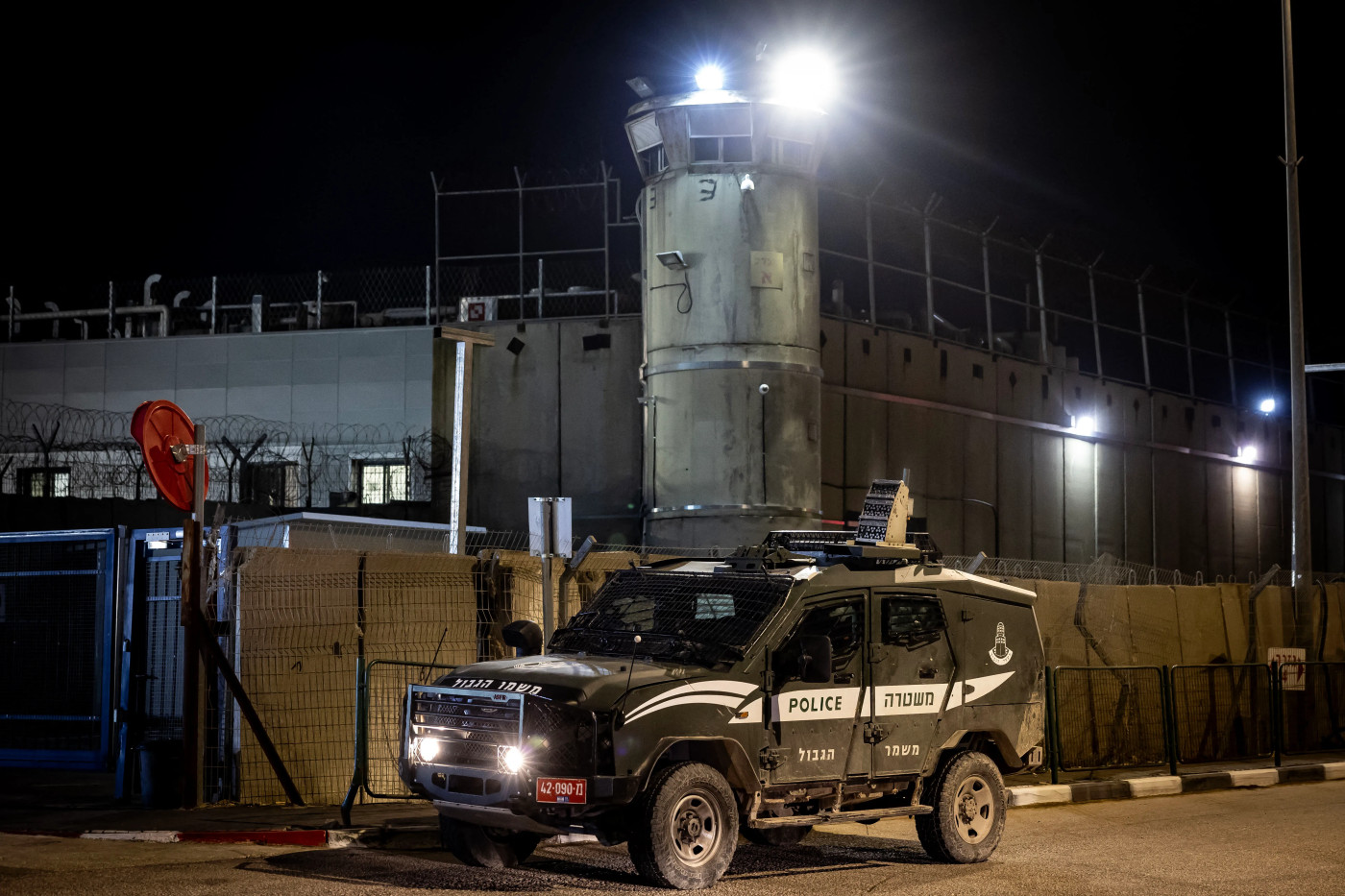Ukrainian Diver Wanted by Germany Over Nord Stream Sabotage
A key suspect behind the 2022 sabotage of the Nord Stream pipelines in the Baltic Sea has been identified by German prosecutors, according to reports.
The German federal prosecutor has obtained an arrest warrant for a Ukrainian man last thought to have been residing in Poland. He is referred to in reports as "Volodymyr Z," and he is wanted alongside two other Ukrainian nationals believed to have been involved, according to German outlet Tagesschau.
The three are suspected of complicity in the sabotage, potentially as divers who attached explosives to the pipelines.
The evidence on "Volodymyr Z" appears to center around a white van that was caught on a speed camera in 2022, believed to have been used to transport diving equipment. The vehicle's driver identified him from photos shown to him by investigators as one of the occupants, Tagesschau said.
The reports claim that German authorities approached their Polish counterparts in June, but that the man has not yet been arrested.
The suspect reportedly denied the claims against him and his whereabouts are currently unknown.
Newsweek contacted the German federal prosecutors' office and the Polish foreign ministry for comment via email.
Nord Stream Sabotage
The pipelines, once crucial for transporting natural gas from Russia to Europe, were severely damaged in September 2022 due to a series of underwater explosions, though deliveries of gas via Nord Stream 1 had already been suspended by Russia prior to the sabotage.
The blasts occurred in international waters within the Swedish and Danish economic zones, prompting both countries to launch investigations alongside Germany.
In February 2024, the Danish and Swedish authorities officially closed their investigations, citing insufficient grounds to pursue a criminal case, despite confirming that the blasts were the result of deliberate sabotage.
"We have a picture of what has happened, and what that picture consists of we cannot go into more detail, but it leads to the conclusion that we do not have jurisdiction," said Swedish Public Prosecutor Mats Ljungqvist.
The evidence collected was handed over to German investigators, who continued their own probe.
Despite multiple investigations by authorities in several countries, the culprits remained unidentified for nearly two years, fueling a global debate over responsibility.
At the time, accusations were pointed at Russia by Ukrainian presidential adviser Mykhailo Podolyak, who said the Nord Stream attack was an "act of aggression" towards the European Union. Russia denied these claims.
"Obviously, there is some kind of destruction of the pipe. And as for what caused it, before the results of the research appear, we cannot rule out any single way," Kremlin spokesperson Dmitry Peskov told Russian media.
Do you have a story we should be covering? Do you have any questions about this article? Contact LiveNews@newsweek.com
Disclaimer: The copyright of this article belongs to the original author. Reposting this article is solely for the purpose of information dissemination and does not constitute any investment advice. If there is any infringement, please contact us immediately. We will make corrections or deletions as necessary. Thank you.





